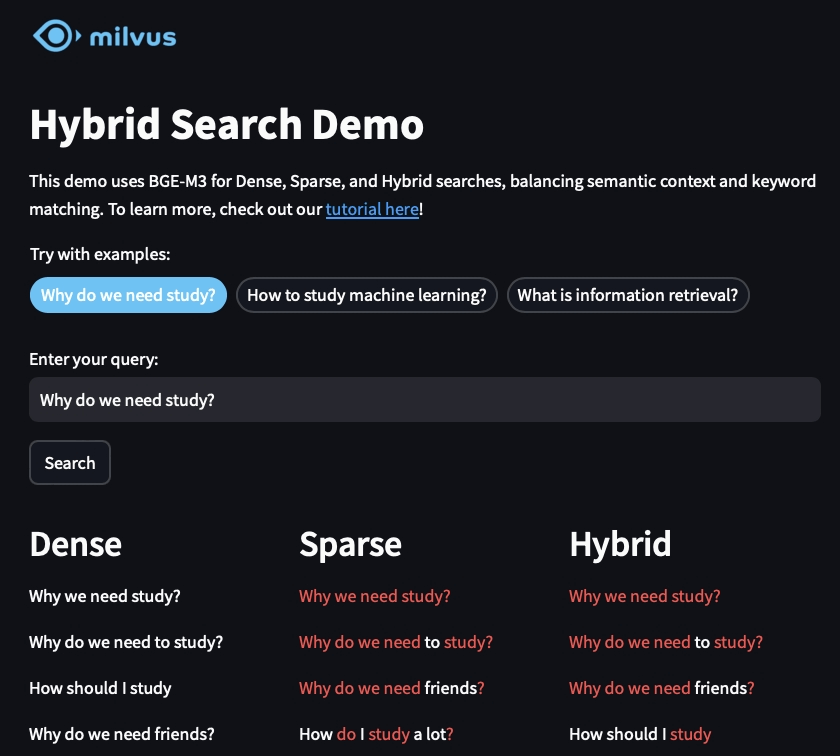Language detection improves search accuracy by enabling systems to apply language-specific processing rules to queries and content. When a search engine knows the language of a query or document, it can tailor its analysis to account for grammatical structures, vocabulary, and regional nuances. For example, a search for “casa” (Spanish for “house”) should return different results in a Spanish index versus an English one. Without language detection, the system might treat all text as a single language, leading to mismatches in keyword matching, spelling corrections, or synonym expansion. This precision reduces noise in search results and ensures users find relevant content faster.
Language-specific processing includes techniques like tokenization (splitting text into words), stemming (reducing words to root forms), and handling stop words (common words like “the” or “and”). For instance, German compounds like “Donaudampfschifffahrtsgesellschaft” require different tokenization rules than English. Similarly, stemming algorithms vary by language—Spanish verbs like “correr” (to run) have conjugations (“corro,” “corres”) that need distinct handling. Language detection ensures the correct rules are applied, improving how search engines index and match terms. Without this, a query for “running” might fail to match documents containing “corriendo” (Spanish for “running”), even if the content is otherwise relevant.
Another benefit is filtering or routing content to the right indexes. For multilingual platforms like e-commerce sites, language detection helps segment product descriptions or reviews into language-specific indexes. A user searching in French would then see results from the French index, avoiding irrelevant results from other languages. It also aids in geolocation-based prioritization—for example, prioritizing Japanese results for users in Tokyo. This reduces latency and improves relevance. Tools like Apache Tika or libraries such as CLD3 automate language detection, allowing developers to integrate it into search pipelines without significant overhead. By aligning queries and documents linguistically, search systems deliver more accurate, context-aware results.
